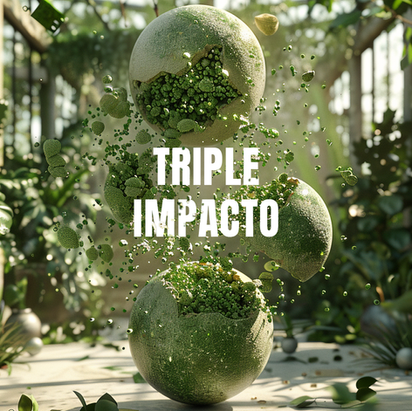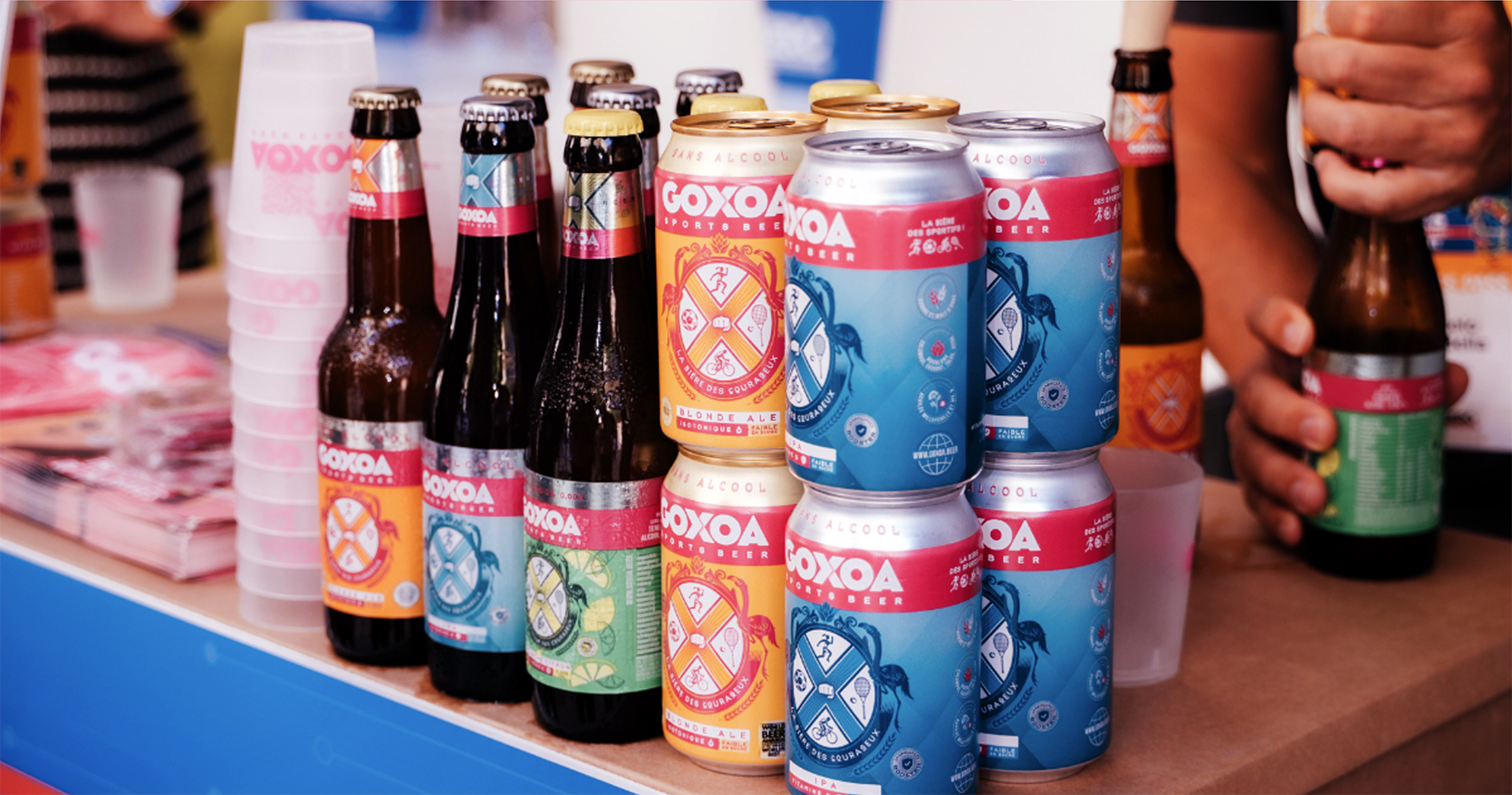Transcending the Present: The Triple Impact as an Engine of Change for the Next Decade
In a world where environmental awareness, social equity and economic profitability converge as inescapable imperatives, the concept of Triple Impact emerges as the beacon that guides companies towards a sustainable and prosperous future. More than a trend, the Triple Impact represents a paradigm shift, challenging old business structures and redefining success in terms of their impact on the planet, people and profitability.

In this next decade, Triple Impact is not only becoming necessary, but urgent, as an essential road map to face the global challenges that threaten our existence. It's time to recognize that the true value of a company is not measured only in financial terms, but in its ability to generate a positive impact on the world around it.
At the European regulatory level, transparency and accountability are promoted in corporate sustainability. In just five years, companies will go from reporting the Non-Financial Information Statement (EINF) to the Corporate Sustainability Reporting Directive (CSRD). The latter equates the importance of the Sustainability Report to traditional financial reporting, improving transparency and emphasizing the analysis of dual materiality. Companies must consider both the impact of their operations on the world and the changes that the environment and society may affect their activities.
In Spain, in turn, the approval of the Create and Grow Act marks a milestone for the recognition and support of purposeful companies, known as Triple Balance companies. This legislation recognizes their contribution to sustainable development and provides a favorable regulatory framework for their growth. In addition, the law facilitates the creation and development of SMEs, which strengthens the business fabric and promotes economic and social prosperity in the country.
Within the KM ZERO ecosystem, we have already seen companies that have been implementing responsible actions for years, and that make us better understand the Triple Impact on a practical level
CAPSA FOOD, recognized as a company BCorp in 2020, it demonstrates its commitment to an ethical and sustainable business model, contributing to the global movement of companies seeking a positive impact on the world. At the environmental level, the company has participated in natural resource conservation programs, such as reforestation or the protection of local ecosystems. And at the social level, it is committed to supporting educational programs, through scholarships for local students and donations to schools, among other initiatives.
On the other hand, Logifruit provides reusable packaging to the food industry, thus contributing to the reduction of waste and the promotion of more sustainable practices.
In addition, Vicky Foods is investing in technologies that are allowing it economic and energy savings. In addition, the company is committed to fair labor practices and collaborates with local organizations to support disadvantaged communities.
Dhaka is implementing practices that contribute to local economic development, such as supporting local farmers and creating employment in the communities where it operates. In addition to measures to reduce their environmental footprint, such as the efficient management of natural resources, the optimization of the use of water and energy, and the reduction of waste.
Martínez Family is committed to improving people's daily lives through food and this also includes people who work in its different centers, while supporting social initiatives such as food, education or health programs in the communities where it operates. In addition, it works on measures to reduce its environmental impact, such as efficient waste management, the reduction of the consumption of natural resources and the revaluation of waste.
Definitely, progressing as an organization that considers Triple Impact involves taking into consideration certain key aspects:
- Real commitment on the part of companies.
- Importance of collaboration and working together with a variety of actors to address the common challenges of the sector in which it operates.
- Large companies have a great responsibility to be promoters of change and role models for smaller companies.
- Consider accelerating the change from voluntary to mandatory in the implementation of Corporate Social Responsibility (CSR).
- The financial sector will play a crucial role in offering better financing conditions to companies that calculate and establish environmental and social plans.
- Emerging companies must adopt the Triple Impact approach from the start if they hope to remain competitive in the next decade.
It is essential to anticipate the challenges ahead and activate the Triple Impact.








